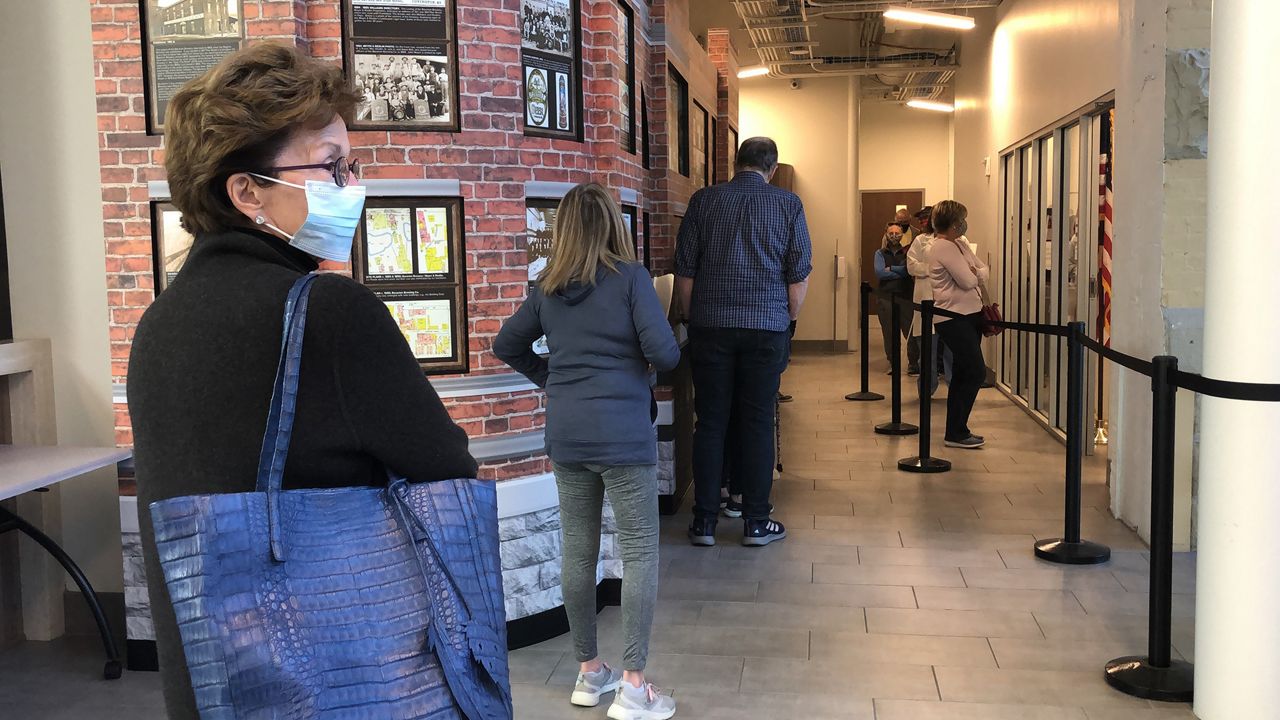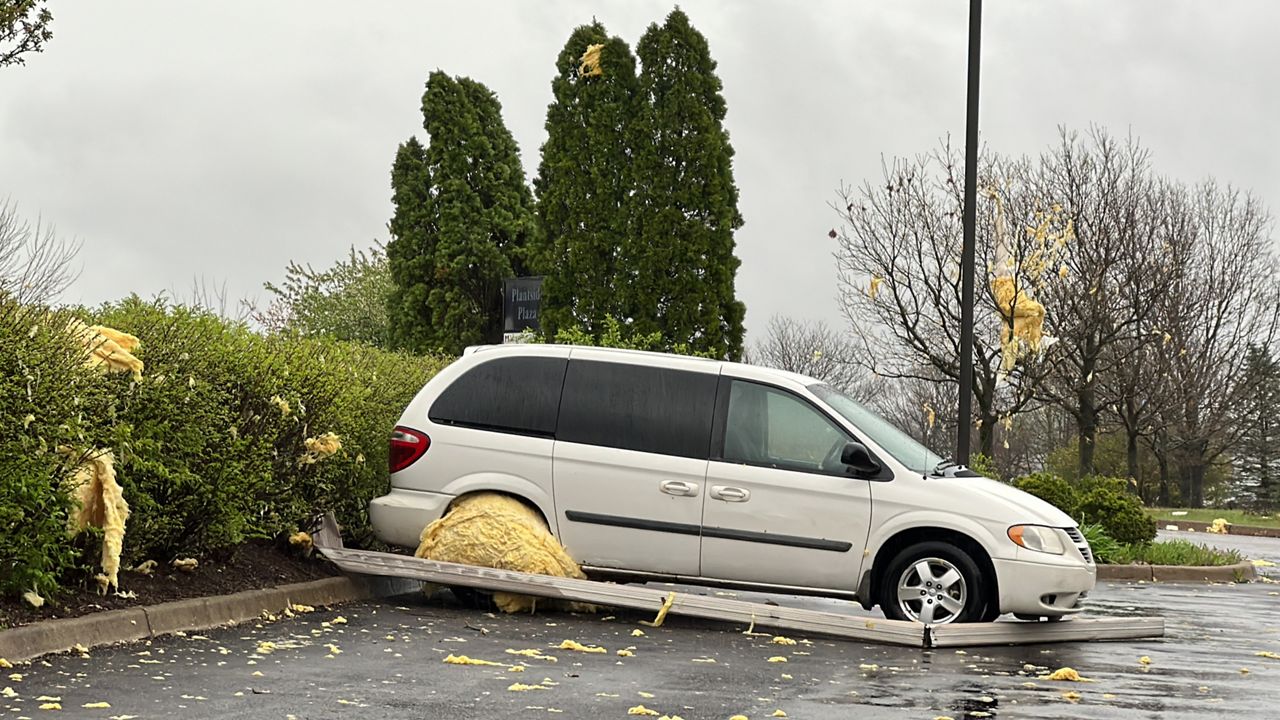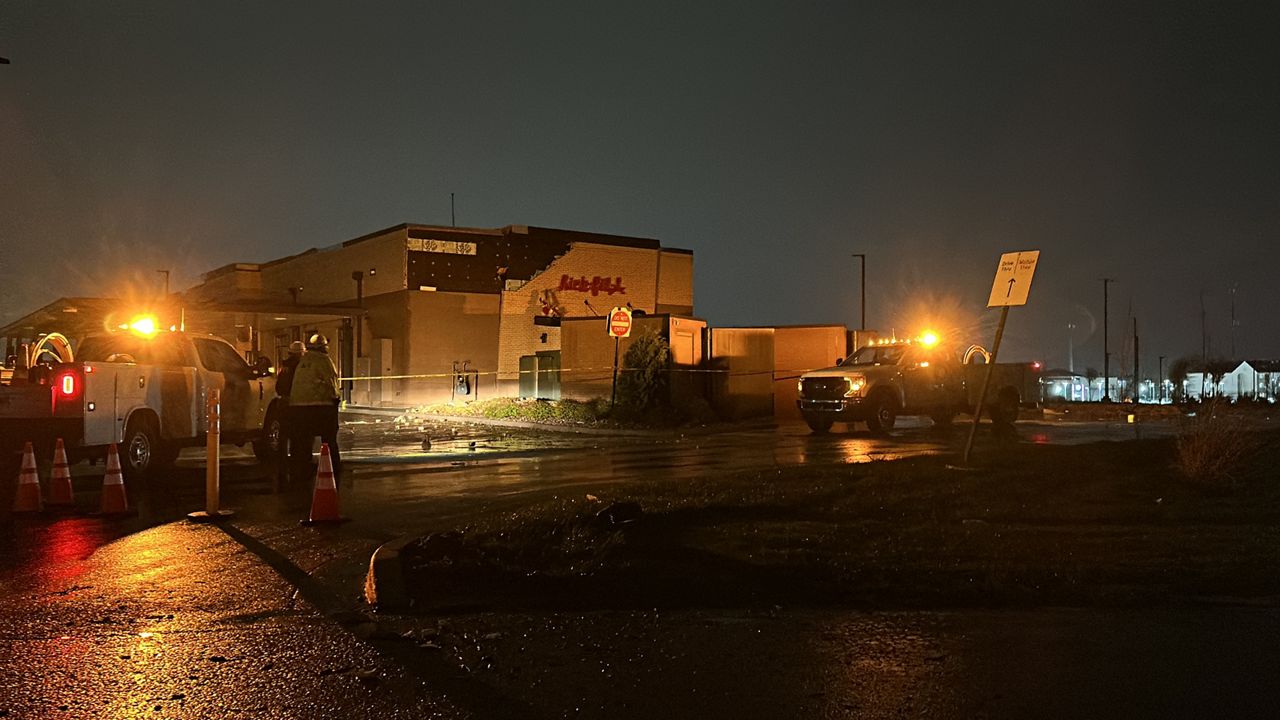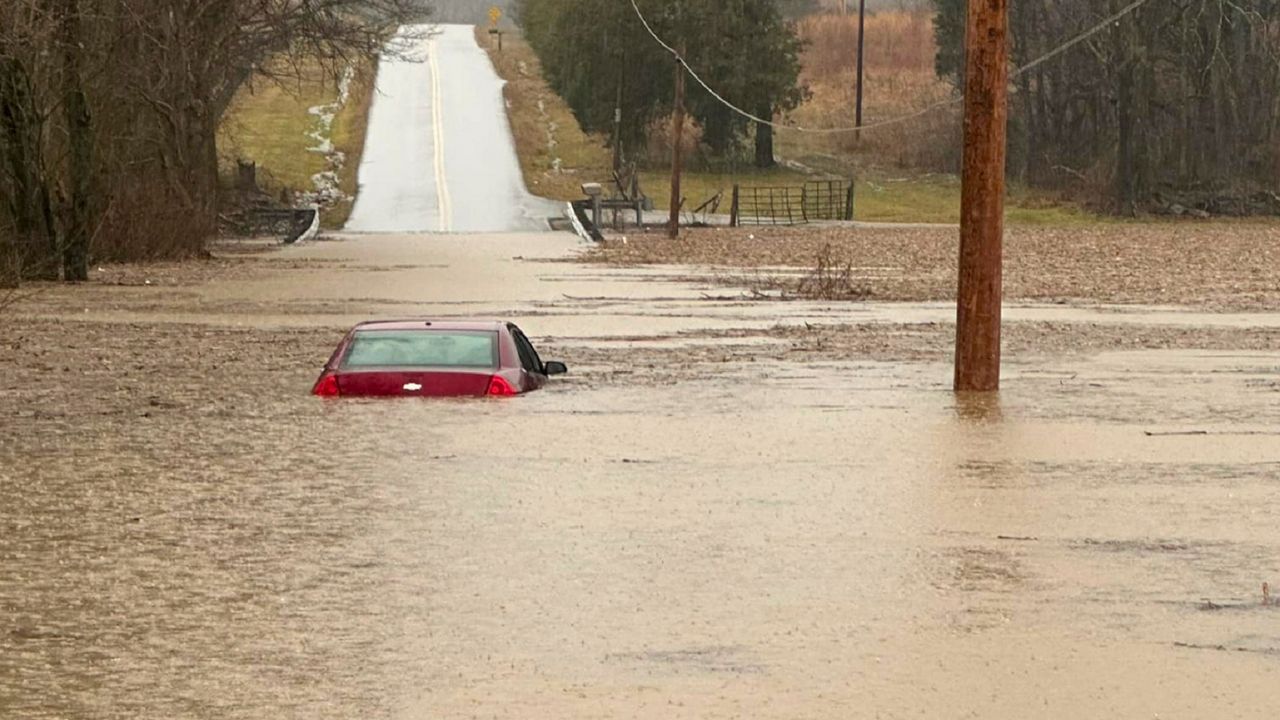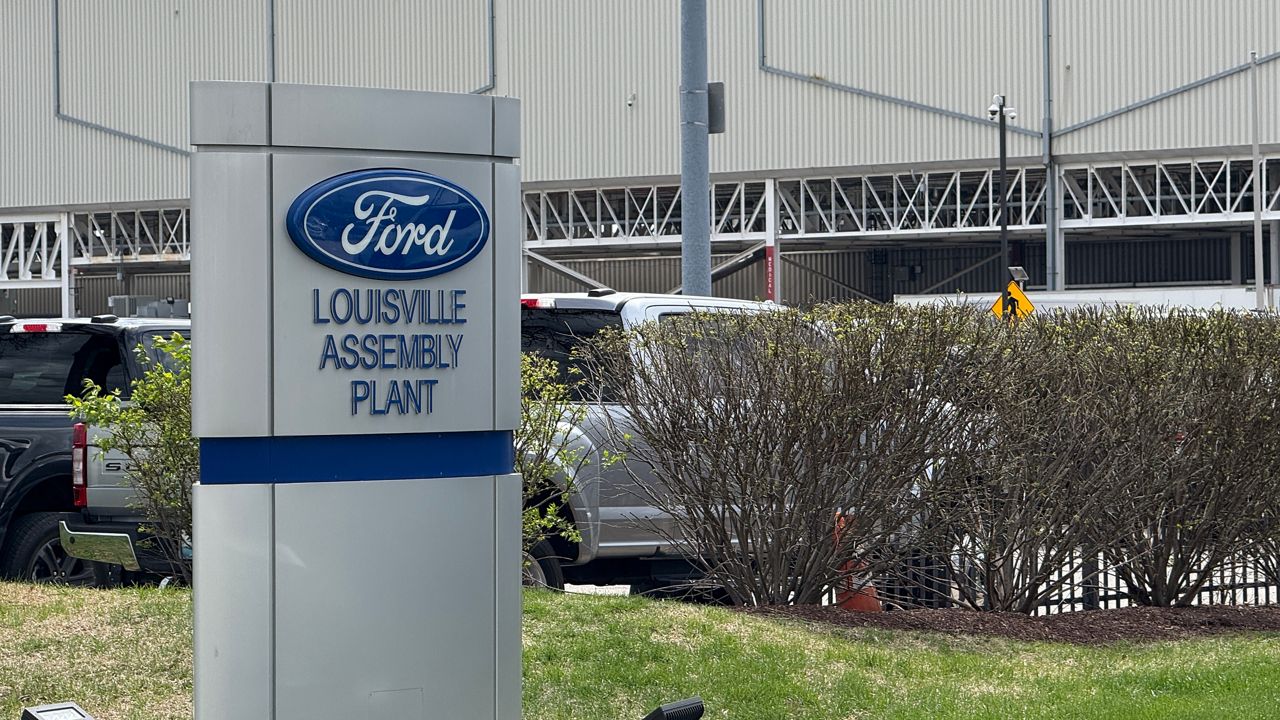LOUISVILLE, Ky. — Voting in Kentucky is easier than ever in 2020, thanks to an expanded array of options implemented after the onset of the COVID-19 pandemic. This year, voters can vote by mail, vote early, and, if they’re traditionalists, vote in person on Election Day.
But there’s one thing they can’t do: Vote later than 6 p.m.
Polling places in Kentucky are required by law to shut down at 6 p.m. local time, tied with Indiana for the earliest in the nation. It’s a distinction that has led to cries of voter disenfranchisement and spawned bipartisan calls for reform. So far though, they’ve been been unsuccessful.
“It’s obviously a form of -- I hate to say -- suppression, but I think it is,” said Debbie Graner, a voting rights activist with Kentuckians for the Commonwealth. Graner said closing the polls at 6 p.m. could make it harder to vote for working people and the elderly who rely on younger family members for rides to the polls.
In most states, polls close between 7 p.m. and 8 p.m. Three states let voters cast ballots even later, with polls closing at 9 p.m. But Kentucky’s constitution says elections must be held between 6 a.m. and 7 p.m. It does permit the General Assembly to change those hours and lawmakers have used that power to restrict, rather than expand the time Kentuckians can cast a ballot.
Recent years have seen several failed attempts to change that. In 2019, a bipartisan group of state senators offered a bill to extend the hours to 8 p.m. State representatives from both parties have filed bills in the House to extend the hours to 7 p.m. Earlier this year, Secretary of State Michael Adams endorsed one of the efforts. Still, nothing.
Cecilia Aguilera, a lawyer with the Fair Elections Center in Washington, D.C., said closing polls at 6 p.m. "doesn’t reflect modern life."
“People have obligations that they have to meet or they won’t be able to feed their families,” she said. Kentucky law does require employers to give workers four hours off to vote, but Aguilera points out that employees must make the request in advance. That’s not the only problem. “It's only four hours, so if you get stuck in a long line, or it takes you more than four hours, you’ve potentially put yourself at risk of losing wages or even your job,” she said.
The polling hours are part of the reason Kentucky came in 10th in a 2018 ranking of the states where it is most difficult to vote. The rankings also considered issues such as the ease of registration and voter ID requirements, which will soon become more stringent in Kentucky after the passage this year of a new voter ID law.
Early voting rules are also highly restrictive in Kentucky, this year notwithstanding. Voters must provide an excuse to vote before Election Day, putting Kentucky firmly in the minority. Most states, including neighbors Ohio, Illinois, North Carolina, and Virginia, allow no-excuse absentee voting.
The limiting effect of closing polls at 6 p.m. is exacerbated by the lack of early voting options, Aguilera said. It also puts more pressure on poll workers, who see more traffic on Election Day when people aren’t allowed to vote early.
Of course, this election season, voters are seeing what it’s like to vote early or by mail. These forms of voting are clearly popular based on the number of Kentuckians taking advantage of them. And people may resist their elimination down the line, Aguilera said.
“I don’t think it’s going to be easy putting the cat back in the bag,” she said. “When you expand people’s rights, it’s going to be hard to take those same rights back from them.”
Rolling back the changes might also prove difficult once the final voting numbers are in. In the past two presidential elections, Kentucky has seen roughly 59% turnout. Adams, the Kentucky Secretary of State, has said turnout may be 72% this year.
For Graner, keeping the polls open longer isn't just about making it easier to vote, it’s about who she believes would benefit from the change.
“Closing the polls at 6:00 is not good in particular for working folks,” she said. “They might work until 5:30 or 6:00 and live half an hour from their home. If they're not in line by 6:00, they can’t vote. Extending hours for them is probably the biggest deal.”





